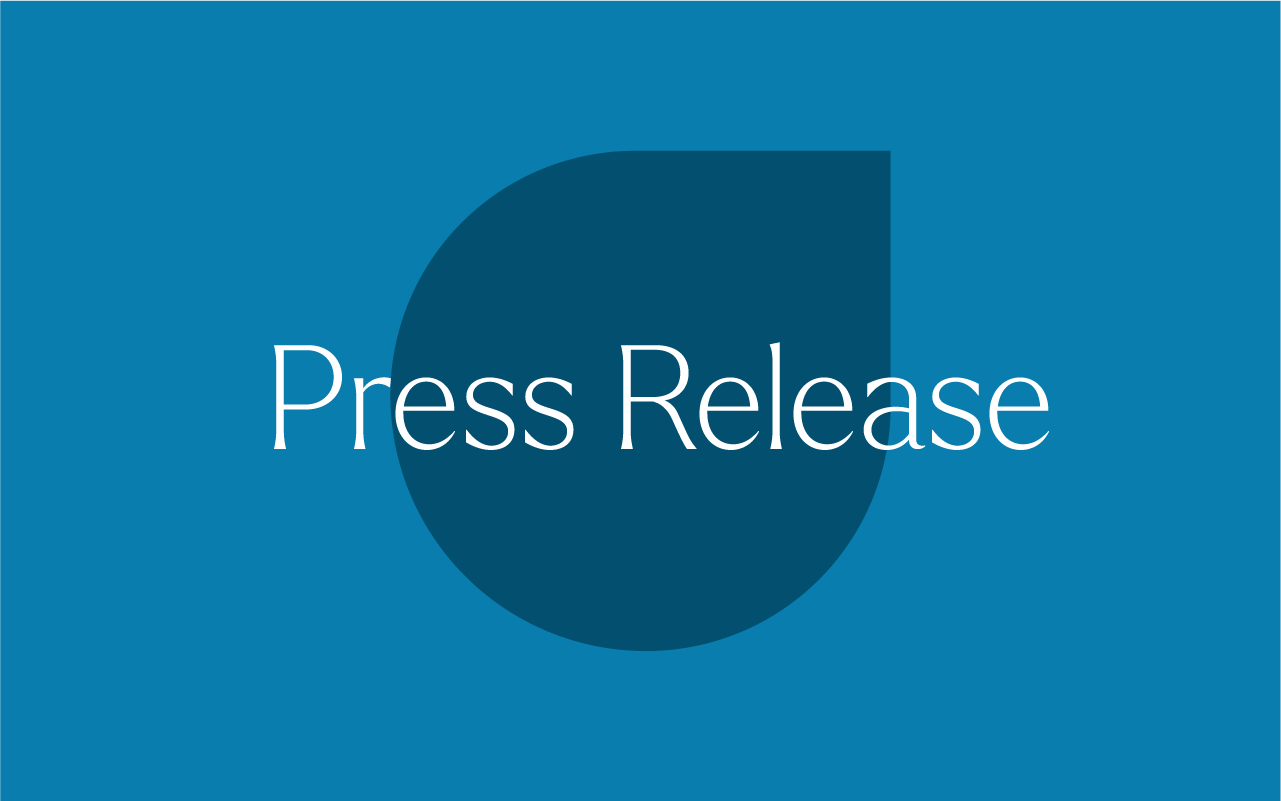Boston – June 2, 2025 — A new study led by researchers from Linus Health, which is revolutionizing brain health with science-driven digital solutions, found that the most meaningful aspects of a person’s life are not being captured by traditional assessment methods for Alzheimer’s disease and related dementias. This finding indicates the need to embrace a personalized, culturally informed approach to designing brain health care plans.
The research, published in Alzheimer’s & Dementia: Translational Research & Clinical Interventions, offers evidence on how care teams can utilize person-centered tools to identify and track personally meaningful treatment priorities for patients at risk of or living with mild cognitive impairment (MCI), Alzheimer’s disease and other forms of dementia. The full study is available here: https://alzjournals.onlinelibrary.wiley.com/doi/10.1002/trc2.70088.
Developed through a multi-phase research program in the United Kingdom, the electronic Person-Specific Outcome Measure (ePSOM) tool has expanded to the United States. The tool captures individual brain health priorities using free-text input and measures patients’ confidence in managing those priorities. Findings from the U.S. cohort of 764 older adults revealed that individuals with a self-reported cognitive impairment diagnosis felt significantly less confident in their ability to maintain their top life priorities.
“This study affirms that what is meaningful to one patient may be very different from another—and varies by culture,” said Stina Saunders, PhD, lead author and Personalized Medicine Lead at Linus Health. “By asking people directly what they want to preserve in their daily lives, we uncovered priorities often missed in standard assessments—things like continuing to drive, attending book club, or simply enjoying conversations with friends. The findings demonstrate that incorporating an ePSOM tool into brain health assessments is a necessary step to make the entire care journey more personalized and person-centered.”
The ePSOM US study asked participants to first define and then score how confident they felt in managing their brain health priorities across five domains: daily tasks, enjoying life, relationships and social connections, thinking skills, and sense of self. Researchers were able to compare U.S. survey responses about brain health priorities with the UK cohort of 4,500 individuals and uncovered statistically significant cultural differences. For example:
- U.S. participants more frequently prioritized driving, managing finances, and staying physically active.
- UK participants were more likely to cite volunteering, gardening, and local walking activities as vital.
- Even common priorities—such as chatting with friends and family—carried different emotional or functional weights across populations.
The implications of these findings are not about inclusion of the specific popular priorities uncovered in this study, but rather demonstrate that there is a need for personalized, culturally sensitive assessments in clinical care and global clinical trials. They also support updated clinical quality guidelines from leading healthcare organizations, such as the Institute for Healthcare Improvement’s (IHI’s) Age-Friendly Health Systems Initiative, which aims to align care and decisions with older adults’ health outcome goals.
Similarly, as new Alzheimer’s treatments expand, the ePSOM approach fills a critical gap: detecting whether therapies preserve confidence in the small but meaningful activities that define someone’s identity and independence.
“This represents a fundamental shift in how healthcare providers and life science companies evaluate treatment value,” said Linus Health CEO and Co-Founder David Bates, PhD. “Instead of focusing solely on traditional symptoms or cognitive test scores, ePSOM enables researchers and clinicians to assess whether interventions are making a clinically meaningful difference—helping people maintain or improve their ability to engage in the daily activities and goals that matter most to them. That’s the essence of truly person-centered, functional healthcare.”
About Linus Health
Linus Health is a Boston-based digital health company focused on transforming brain health for people across the world. By advancing how we detect and address cognitive and brain disorders – leveraging cutting-edge neuroscience, clinical expertise, and artificial intelligence – our goal is to enable a future where people can live longer, happier, and healthier lives with better brain health. Linus Health’s digital cognitive assessment platform delivers a proven, practical means of enabling early detection; empowers providers with actionable clinical insights; and supports individuals with personalized action plans. We are proud to partner with leading healthcare delivery organizations, research institutions, and life sciences companies to accelerate more proactive intervention and personalized care in brain health. To learn more about our practical solutions for proactive brain health®, visit www.linushealth.com or follow us on LinkedIn.
Media Contact
Tara Stultz (Amendola for Linus Health)
440-225-9595
tstultz@acmarketingpr.com
